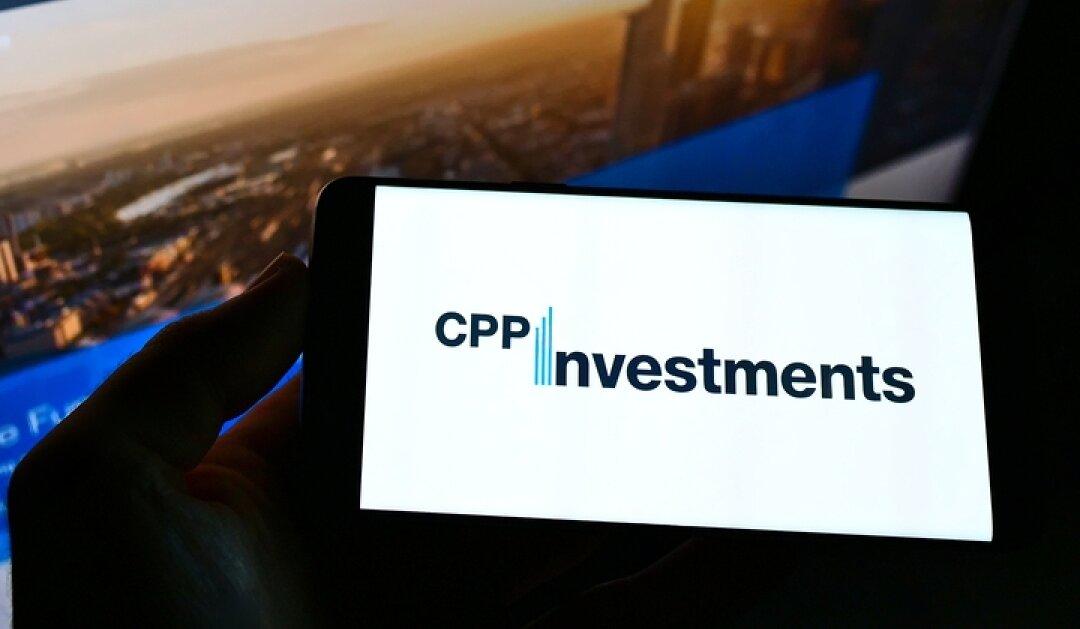The Canada Pension Plan Investment Board has 10 percent of its holdings in China, despite concerns over human rights and election interference.
The Commons Special Committee on Canada–China relations heard testimony on May 8 from the senior managing director of the pension board, Michel Leduc, who said the government was being “exceedingly, exceedingly cautious.”
“As a long term investor we actively engage and influence companies with human rights as a longstanding focus area,” said Leduc, reported by Blacklock’s Reporter. “If that fails we will exit or avoid making an investment in the first place. All these processes apply to our investments in China. We recognize any investment in China needs to be handled with care.”
Leduc said the investments were profitable.
“Exposing the fund to Chinese markets gives us access to one of the world’s largest and fastest growing economies,” he said.
“Yes we do absolutely understand there are very significant risks particularly in the face of important social issues and evolving geopolitical risks. We aim to always conduct ourselves as principled and prudent investors with a view to acting in the best interests of contributors and beneficiaries.”
Leduc added that China “often moves in ways uncorrelated to developed markets, thus adding balance to our portfolio.”
Investments
The pension board manages $539 billion, and besides China, which accounts for 10 percent of investments, Leduc said the plan is “invested in the United States about 35 percent and we’re invested in Canada about 14 percent.”
“Human rights are increasingly an investment consideration,” he said. “It is how we see the world. We strongly believe any business, any asset, any company that does not take human rights seriously will just not be around, so it is a destruction in value.”
Of the billions in shares the pension board has invested in Chinese firms, it has $4 million in shares in Longi Green Energy Technology Company Ltd, the world’s largest manufacturer of solar panels. In 2021, U.S. Customs had suspicions that subcontractors were using Uyghur Muslim slave labour and intercepted Longi shipments.
A 2021 research report on slave labour, “In Broad Daylight: Uyghur Forced Labour and Global Solar Supply Chains,” prepared by the UK’s Sheffield Hallam University, said that “Longi is a customer of many of the polysilicon companies that are engaged in labour transfers in the Uyghur region.”
Liberal MP Rob Oliphant said investments in China are inevitable.
“I don’t think you are in the morals business. I think you should be investing our money, clearly,” he said.
The board has also invested in China Gas Holdings Ltd, a natural gas distributor, to the tune of $259 million. Other investments include $75 million in the state-run China Construction Bank, and $37 million in the Bank of China.





